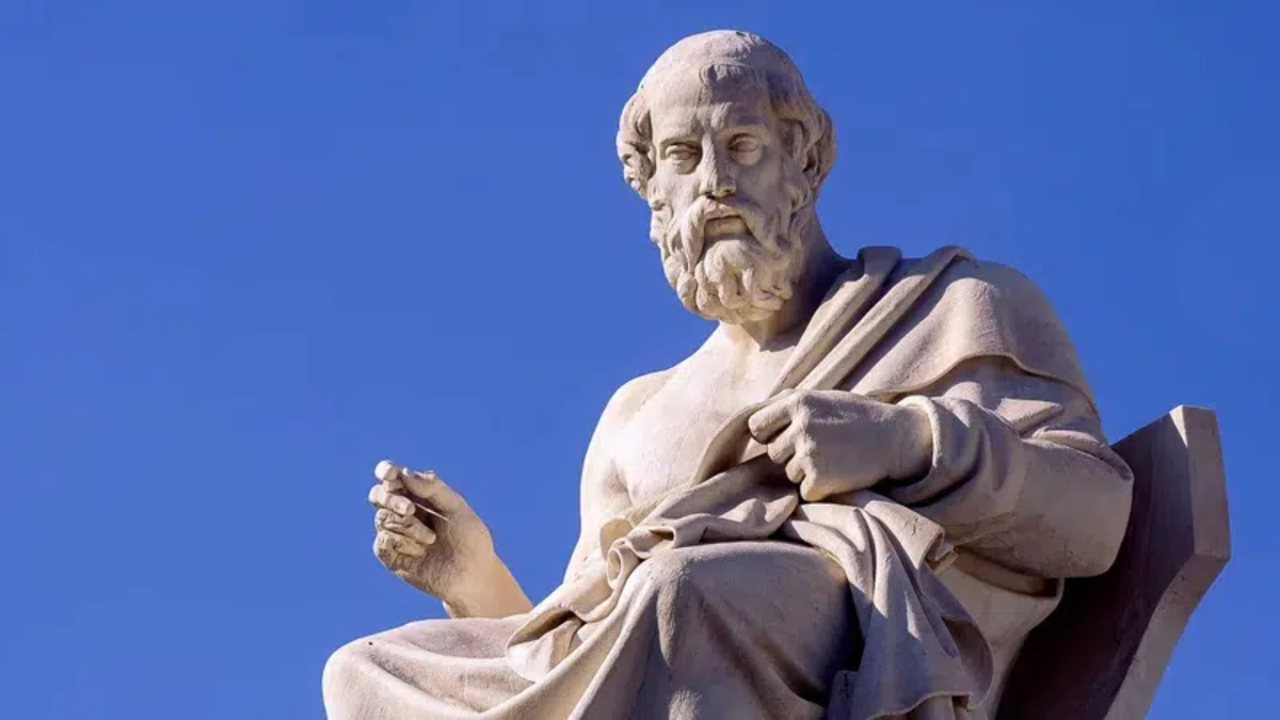Archeologists discover Plato's Athens burial site through ancient scrolls
Professor Graziano Ranocchia and his team utilize advanced imaging to decode ancient Herculaneum papyri, identifying the exact burial site of Plato in a garden by the Academy's shrine to the Muses

Professor Graziano Ranocchia and his team from the University of Pisa have unveiled a significant archaeological finding in Athens: the precise burial site of the ancient Greek philosopher Plato.
The team presented this revelation at the Naples National Library, marking a milestone in classical studies.
The discovery stems from the team's analysis of the Herculaneum papyri, over 1,800 scrolls that were carbonized by the eruption of Mount Vesuvius in 79 A.D.
These scrolls, incredibly delicate and difficult to decipher, were examined with the help of a "bionic eye."
This advanced imaging technology has successfully revealed a thousand new words – 30% more text than previously deciphered.
"Thanks to the scans, we now know he was buried in a garden in a private area near the sacred shrine to the Muses," stated professor Ranocchia. He added that these details come from a historical account of Plato's Academy written by the Epicurean philosopher Philodemus of Gadara.
This technological breakthrough pinpointed Plato's burial site within the Academy and revised earlier historical accounts of his life.
The research indicates that Plato might have been sold into slavery much earlier than previously recorded, around the time of Socrates' death or during the Spartan conquest of Aegina.
"It appears that Plato was sold as a slave as early as in 404 B.C., when the Spartans conquered Aegina, or in 399 B.C., immediately after the death of Socrates," Ranocchia explained, challenging the conventional timeline that placed his enslavement in 387 B.C. in Sicily.
Plato founded the Academy in Athens, a significant learning center where notable philosophers, including Aristotle, studied. The confirmation of Plato's burial at this site enriches its historical significance.
The "Greek Schools" project, which started three years ago and will conclude in 2026, is a collaboration involving multiple research institutes supported by a generous grant from the European Research Council.
This project aims to expand our understanding of ancient philosophical works by integrating classical scholarship with modern technological approaches.
Source: Newsroom






